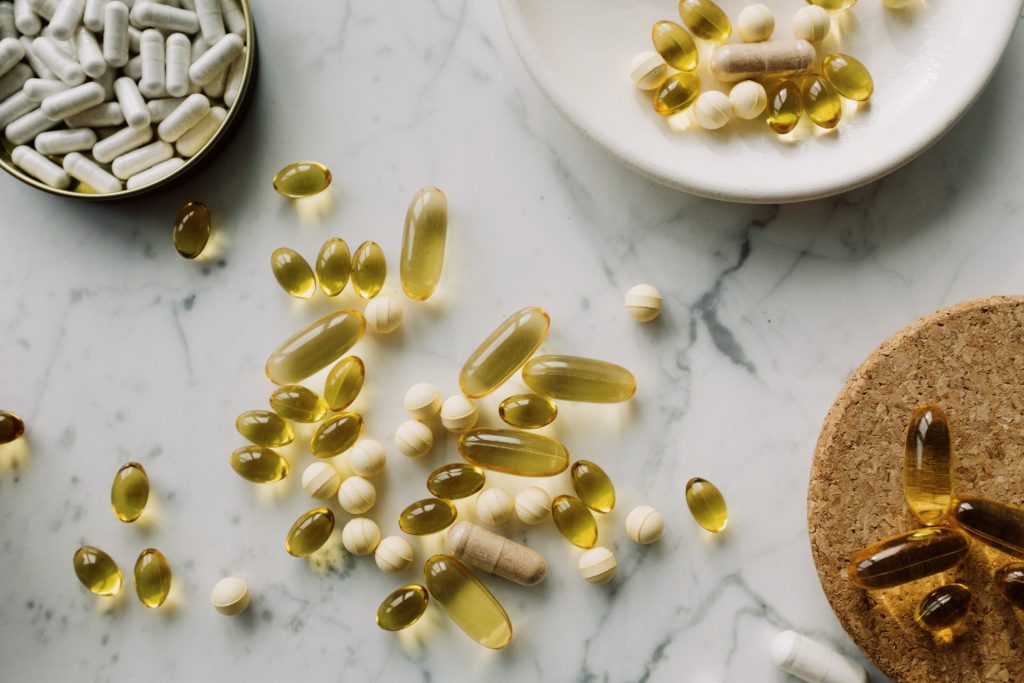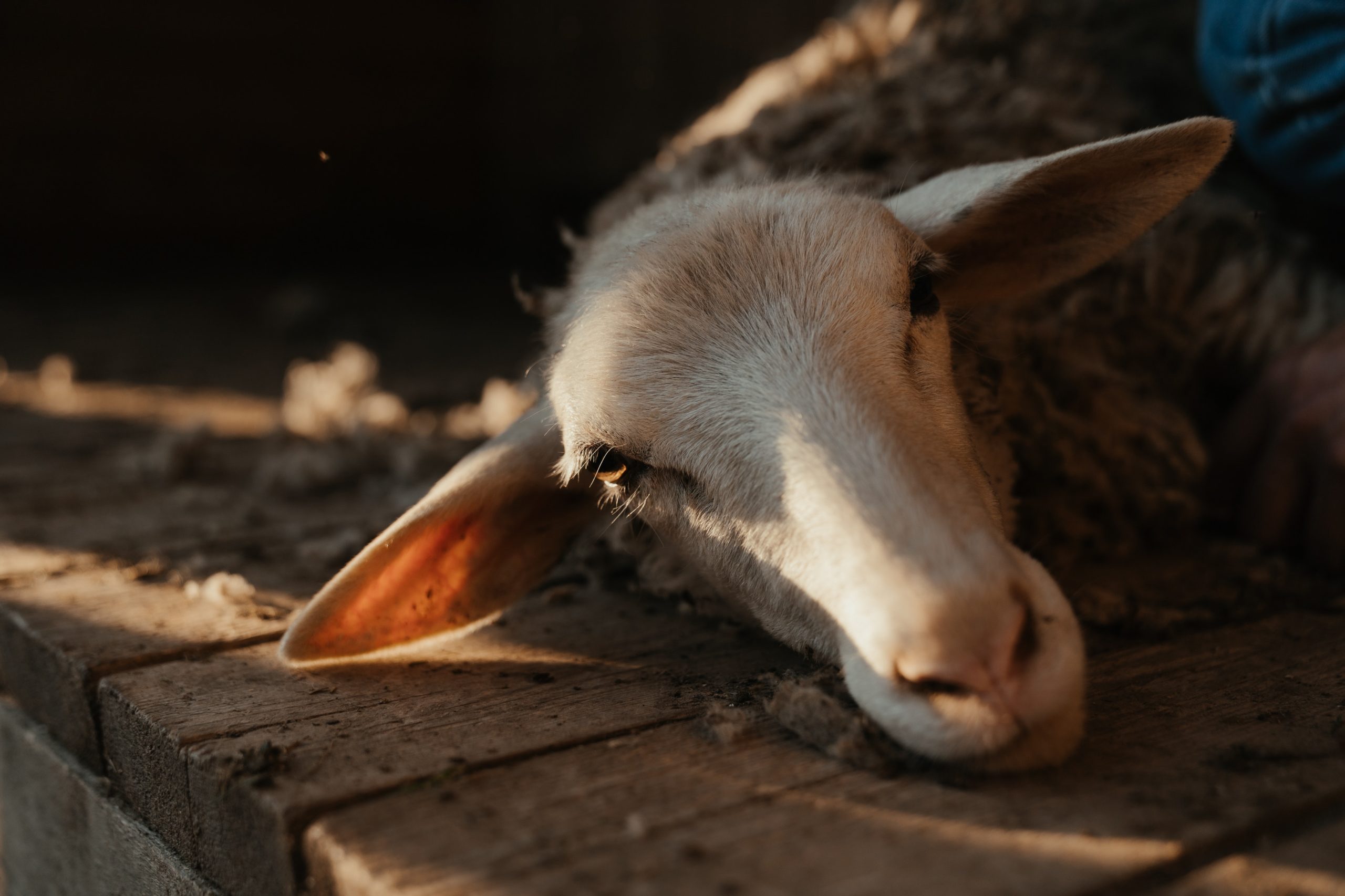4 Mins Read
Where does vitamin D come from? The answer may surprise you.
Vitamin D3, both a nutrient we consume and a hormone our body produces, is essential for bone, teeth, and muscle health. It is most frequently gleaned through exposure to sunlight, as it is only found in a small number of foods. Most edible sources are animal-derived and D3 deficiencies are becoming increasingly common, as many of us spend less time outside.
Though Vitamin D3 can be supplemented, many consumers don’t realise that most commercial products are sourced from sheep. Those sheep are often kept in cruel and unsanitary conditions, making that D3 supplement in your medicine cabinet highly unethical.
Vitamin D3 deficiencies are extremely common; an estimated 1 billion people worldwide have lower than recommended levels.

What does D3 do?
Vitamin D3 is produced by the skin, as a consequence of sunlight exposure. It supports various bodily functions, including the immune system. Most commonly, it is identified as being beneficial for bone health. This is due to its role in helping the body to absorb calcium, magnesium, and phosphorus. It helps to recycle calcium back into the body, which would otherwise be filtered out by the kidneys.
When present in the right amounts, D3 will support optimum bone mass, meaning a strong and healthy musculoskeletal system. This will allow for a more active lifestyle in mature years and keep conditions such as osteoporosis and arthritis at bay or manageable.
Other benefits of D3 include cholesterol regulation, heart health, and improved mental health. The latter comes as a result of increased production of serotonin, the ‘good mood’ hormone.
Which foods contain D3?
The most commonly listed foods with good levels of D3 include fish, fish oils, egg yolks, and beef liver. This doesn’t offer any options for vegetarians or vegans, however. Fortified cereals, drinks, and dairy are suggested in this instance.
Plant-based milk is often fortified, as standard. Orange juice is frequently topped up as well. Conventional animal dairy is usually fortified to increase the potential for calcium absorption.
How do supplements work?
The recommended daily dose of D3 is 1-2,000 IU. If it is not attained through sunlight exposure or diet, it can be supplemented. GPs will prescribe a tablet that can be taken, but most high street chemists will stock a supplement. It’s difficult to overdose on D3, but care should be taken.
In the event of too high levels, calcium can build up in the bloodstream, causing hypercalcemia. This can lead to sickness, weakness, and ultimately, bone and kidney problems.

Where do sheep come into it?
Traditionally, D3 has been sourced from sheepskin and wool. Both produce lanolin, a water-resistant secretion that comes from sheep sebaceous glands. It protects the animals from elemental impact while outdoors and keeps their coats soft and pliable. Lanolin can be processed to create Vitamin D3 suitable for human ingestion. Much of the world’s lanolin comes from China, where animals are often kept in dire conditions.
As an animal product, lanolin is not vegan, though it is frequently overlooked in consumer products. It is also considered unsuitable by many vegetarians who take umbrage at the cruel treatment of livestock. Factory farming methods mean that regardless of whether a flock of sheep is reared for wool, meat, or both, they are likely to suffer.
Are there any animal-free options?
Lichen, an organism containing algae, fungi, and bacteria, is a vegan source of D3. It can be taken in gelatine-free capsule form.
The European Commission has stated that D3 sourced from lanolin should now be labelled as a ‘product of animal origin’, to avoid confusion. This means that any imports from outside of Europe will be required to gain a health certificate. Predictions of a supply shortage have been made by companies within the sector.
The quest for animal-free supplements
Vegans have struggled to source certain supplements free from animal derivatives. In addition to sheep-free D3, omega has proved to be an uphill battle. Early this year, Wellness Innovations revealed it netted €1.2 million to expand its portfolio of fish-free oils and animal-free products. Using algae, the company is able to create cruelty-free daily supplements that offer the same benefits as fish-derived alternatives.
Omega-3 is simpler to source than D3 and can be maintained using diet. Seed, nuts and beans are all great sources and cut the need for additional supplementation.
Lead photo by cottonbro from Pexels.





